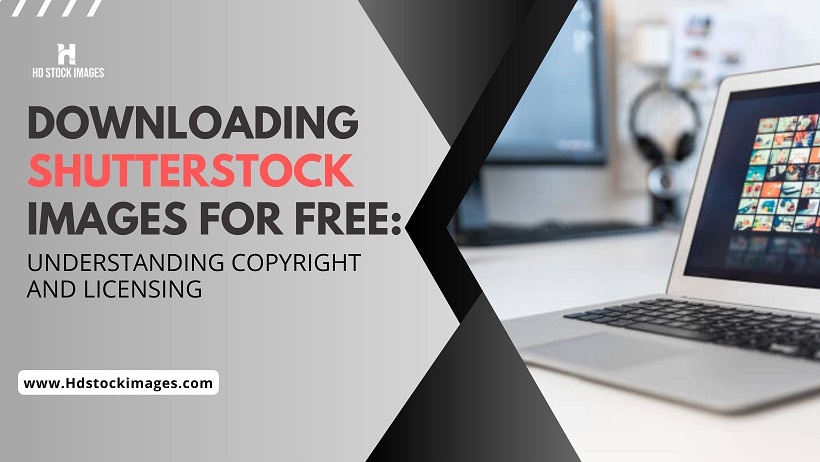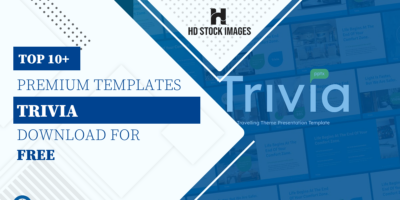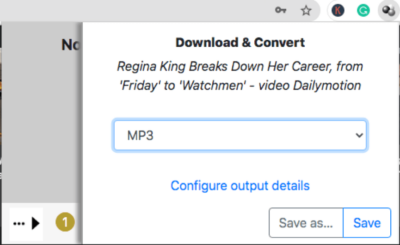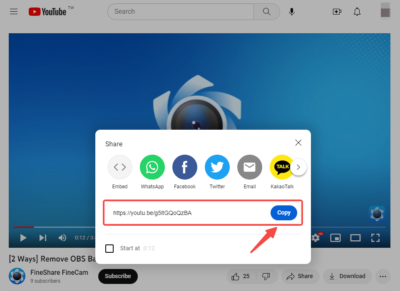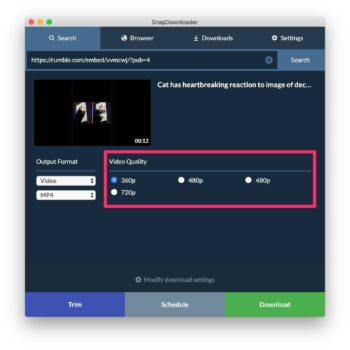1. Introduction
In today's digital age, visuals play a crucial role in various aspects of our lives, from social media posts to website designs. Shutterstock, a popular stock image platform, has become a go-to resource for accessing high-quality images for personal and commercial use. However, there is a common desire among some individuals to download Shutterstock images for free, without properly understanding the implications of copyright and licensing.
This blog post aims to shed light on the topic of downloading Shutterstock images for free and provide a comprehensive understanding of copyright and licensing. By delving into the intricacies of this subject, readers can gain insight into the legal and ethical aspects associated with using images from Shutterstock and other similar platforms.
Also Read This: Discover How to Generate AI Images for Free with This Simple Tool
2. Copyright and Licensing Basics
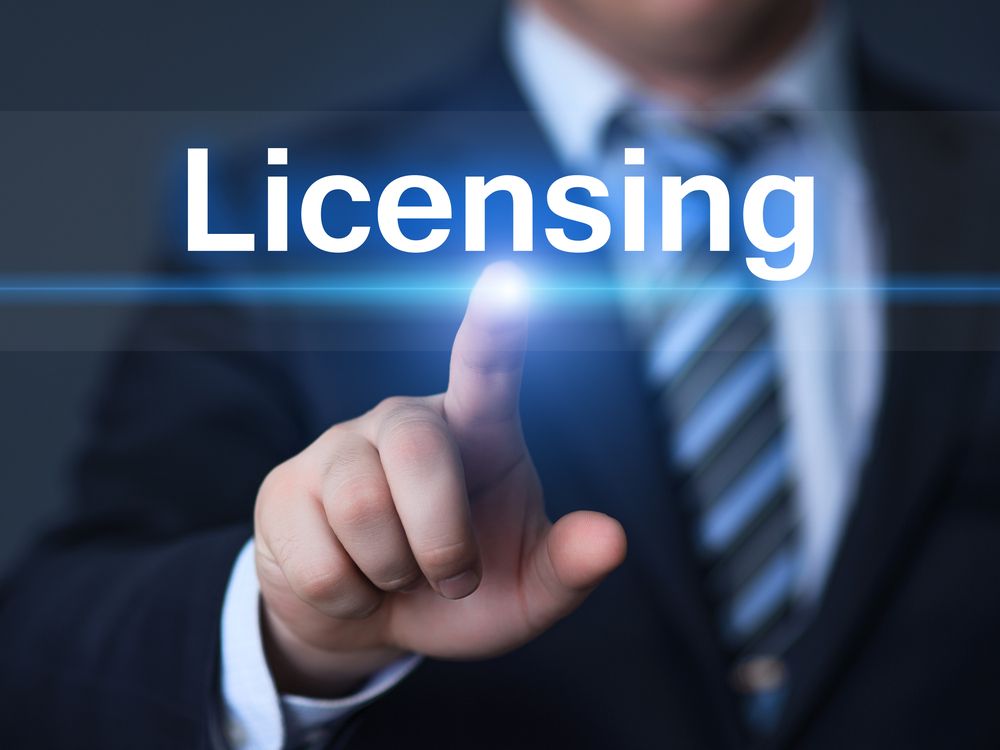
To navigate the world of downloading Shutterstock images for free, it is essential to grasp the fundamentals of copyright and licensing. Let's explore these concepts in more detail:
A. Definition of Copyright and Its Purpose:
Copyright refers to the legal protection granted to the creators of original works, including images, photographs, illustrations, and more. It gives the creator exclusive rights to reproduce, distribute, display, and modify their work. The purpose of copyright is to encourage creativity by providing creators with control over the use and distribution of their creations.
B. Explanation of Licensing and Its Role in Copyright:
Licensing is the process of granting permission to use someone else's copyrighted work. When you download an image from Shutterstock, you are essentially obtaining a license to use that image within the boundaries defined by the license agreement.
C. Different Types of Licenses:
Various types of licenses exist, each with its own terms and conditions. Some common licenses include:
Creative Commons: These licenses allow for more flexible use, ranging from free use with attribution to more restrictive terms.
Royalty-Free: This type of license permits the use of an image for a one-time fee, without the need for additional payments for each use.
D. How Licenses Determine Permitted Use:
Licenses outline the specific ways in which you can use a copyrighted image. This includes considerations such as the purpose of use (personal, commercial), duration of use, geographical limitations, and the number of copies or reproductions allowed. It is essential to review and understand the terms of a license to ensure compliance with its restrictions.
By familiarizing ourselves with these copyright and licensing basics, we can better comprehend the implications of downloading Shutterstock images for free and make informed decisions regarding their usage. In the next section, we will explore Shutterstock's copyright policies in more detail.
Also Read This: List of Biggest Linkedin Groups in 2023 for Markeeting
3. Shutterstock's Copyright Policies

Shutterstock, like any reputable stock image platform, has its own copyright policies and terms of use that users must adhere to when downloading and using images. Understanding these policies is crucial to avoid copyright infringement and legal repercussions. Let's delve into Shutterstock's copyright policies:
A. Explanation of Shutterstock's Copyright Policies:
Shutterstock asserts that all images available on its platform are protected by copyright. This means that the images are the intellectual property of their respective creators, and unauthorized use can lead to copyright infringement.
B. Overview of the Standard License Agreement:
When you download an image from Shutterstock, you typically obtain a license under the Standard License Agreement. This agreement outlines the terms and conditions for using the image, including the permitted uses, restrictions, and any applicable fees.
C. Restrictions on Free Usage and the Need for Licensing:
It's important to note that downloading images from Shutterstock for free without proper licensing is not allowed. Free images provided by Shutterstock are still subject to copyright and may require specific licenses or attributions for certain uses. Simply downloading an image without a license does not grant you the legal right to use it.
It's crucial to respect Shutterstock's copyright policies and adhere to their licensing requirements. Failure to do so can result in copyright infringement, which carries serious legal consequences. In the next section, we'll explore the risks and potential consequences associated with copyright infringement.
Also Read This: Yes, You Can Send Videos on Reddit – Here is How
4. Risks and Consequences of Copyright Infringement
Copyright infringement, including the unauthorized use of Shutterstock images, carries significant risks and consequences. Understanding these potential outcomes is essential for individuals and businesses alike. Let's explore the risks and consequences of copyright infringement:
A. Legal Implications of Using Copyrighted Images without Permission:
When you use a copyrighted image without obtaining the necessary licenses or permissions, you are infringing on the rights of the image creator. This can result in legal action, as copyright holders have the right to enforce their exclusive rights.
B. Penalties and Potential Lawsuits for Copyright Infringement:
Copyright infringement can lead to severe penalties and financial liabilities. Depending on the jurisdiction and the extent of the infringement, penalties may include statutory damages, actual damages, and attorneys' fees. In some cases, the copyright holder may file a lawsuit seeking monetary compensation for the unauthorized use of their work.
C. Reputation and Financial Risks for Individuals and Businesses:
In addition to legal consequences, copyright infringement can harm your reputation and negatively impact your business. Being associated with copyright infringement can damage trust and credibility, leading to a loss of customers, clients, or opportunities. Moreover, paying hefty fines or settlements resulting from copyright infringement can cause financial strain on individuals and businesses.
It is vital to understand that ignorance of copyright laws or claiming fair use without a valid basis does not provide immunity against infringement claims. Therefore, it is in your best interest to use images from Shutterstock and other sources lawfully and responsibly.
New Post: Generative AI, Adobe, Shutterstock, and Andy Warhol?
Generative AI models are testing the boundaries of U.S. Copyright Law. Artists have sued the model developers for copyright infringement and leveraging media platforms (e.g., YouTube) to police/ban generative AI… pic.twitter.com/j0R5IX7deh
— Arda (@ArdaCapital) April 25, 2023
In the next section, we will explore alternatives to downloading Shutterstock images for free, enabling you to obtain images legally and ethically.
Also Read This: Read This to Easily Download Twitter Videos from DM
5. Alternatives to Downloading Shutterstock Images for Free
While the desire to download Shutterstock images for free may be tempting, it is crucial to respect copyright and licensing laws. Fortunately, there are alternative options available to access and use images legally and ethically. Consider the following alternatives:
A. Exploring Shutterstock's Pricing and Licensing Options:
Shutterstock offers a range of pricing and licensing options that suit different needs and budgets. By purchasing a license, you gain the legal right to use the images within the specified terms and conditions. Explore Shutterstock's subscription plans, image packs, or on-demand options to find a suitable solution.
B. Utilizing Free Image Resources with Proper Licensing:
Numerous websites and platforms provide free images that are licensed under Creative Commons or other open licenses. Websites like Unsplash, Pexels, and Pixabay offer a vast collection of high-quality images that can be used for personal and commercial purposes with proper attribution.
C. Seeking Permission from the Copyright Holders:
If you come across a specific Shutterstock image that you would like to use, consider reaching out to the copyright holder directly and seeking permission. They may be willing to grant you a license or provide alternative options for using their work.
Remember, using images without proper licensing or permission is not only illegal but also undermines the efforts of creators who rely on their work for income. By choosing legal alternatives, you contribute to a fair and supportive environment for content creators.
In the next section, we'll explore the concept of fair use, which provides certain exceptions to copyright laws for specific purposes.
Also Read This: Pros and Cons of 123RF: Evaluating the Benefits and Limitations of the Stock Photography Platform
6. Understanding Fair Use
Fair use is an important concept in copyright law that allows limited use of copyrighted materials without seeking permission from the copyright holder. However, it's essential to understand that fair use is subject to specific conditions and is open to interpretation. Here's an overview of fair use:
A. Definition and Scope of Fair Use in Copyright Law:
Fair use is a legal doctrine that permits the use of copyrighted material for purposes such as criticism, commentary, news reporting, teaching, scholarship, or research. It aims to balance the rights of copyright holders with the public's interest in accessing and using creative works.
B. Factors Determining Fair Use:
Fair use is determined by considering four key factors:
Purpose and character of the use: Whether the use is transformative, non-commercial, or educational in nature.
Nature of the copyrighted work: The type of work being used, such as whether it is factual or creative.
Amount and substantiality of the portion used: The quantity and significance of the copyrighted material used.
Effect on the market for the original work: The potential impact on the market value or potential licensing opportunities for the copyrighted work.
C. How Fair Use Applies to Using Copyrighted Images:
Applying fair use to images can be complex, as the factors mentioned above must be carefully analyzed. Fair use for images often involves using them for purposes such as commentary, parody, or educational content. However, each case is unique and should be assessed individually.
It's important to note that claiming fair use as a defense against copyright infringement is a nuanced and potentially risky approach. Fair use determinations are subjective and can only be definitively established by a court of law. Consulting with a legal professional is advisable when in doubt about the applicability of fair use.
In the next section, we'll provide tips for properly using and crediting images, ensuring that you respect the rights of content creators.
Also Read This: Learn How to Download Streamable Videos in MP4 HD Quality
7. Tips for Properly Using and Crediting Images
When using images, it's important to respect the rights of content creators and give proper credit where it is due. Follow these tips to ensure you are using and crediting images correctly:
A. Providing Proper Attribution for Licensed Images:
If you obtain an image from a platform that requires attribution, make sure to include the necessary information. This usually includes the name of the copyright holder, the title of the work, the source or platform where you obtained it, and the type of license it is released under.
B. Best Practices for Using and Crediting Images on Different Platforms:
Different platforms may have specific requirements for using and crediting images. Familiarize yourself with the guidelines provided by the platform and ensure compliance. For example, social media platforms may have specific tagging or captioning requirements when using images.
C. Importance of Respecting the Rights of Content Creators:
Always remember that content creators invest time, effort, and creativity into their work. Respect their rights by using images only within the bounds of the licenses granted, seeking proper permissions when necessary, and giving credit where required.
By following these tips, you demonstrate respect for copyright and contribute to a culture of fair use and acknowledgment of creators. Remember, proper usage and crediting not only maintain legal compliance but also foster a positive and supportive environment for content creators.
Also Read This: Pre-Wedding Photoshoot: A Complete Guide for Beginner Photographers
FAQS
Q1: Can I download Shutterstock images for free without a license?
No, downloading Shutterstock images for free without a license is not allowed. All images on Shutterstock are protected by copyright, and unauthorized use can lead to copyright infringement.
Q2: What are the risks of using copyrighted images without permission?
Using copyrighted images without permission can result in legal consequences, including potential lawsuits and financial penalties. It can also harm your reputation and business prospects.
Q3: Are there alternatives to downloading Shutterstock images for free?
Yes, there are alternatives to accessing images legally and ethically. These include exploring Shutterstock's pricing and licensing options, utilizing free image resources with proper licensing (e.g., Unsplash, Pixabay), and seeking permission from copyright holders.
Q4: What is fair use, and how does it apply to using copyrighted images?
Fair use is a legal doctrine that permits limited use of copyrighted materials for purposes such as criticism, commentary, teaching, or research. Applying fair use to images requires considering factors such as the purpose of use, nature of the work, amount used, and effect on the market for the original work.
Q5: How should I credit images properly?
When using licensed images, provide proper attribution by including the name of the copyright holder, the title of the work, the source or platform where you obtained it, and the type of license it is released under. Follow platform-specific guidelines for crediting images on different platforms.
Conclusion
In a world where visual content is abundant and easily accessible, it is crucial to understand the intricacies of copyright and licensing when downloading and using images. While the temptation to download Shutterstock images for free may be present, it is important to respect the rights of content creators and abide by copyright laws.
In this blog post, we explored the basics of copyright and licensing, emphasizing the significance of obtaining proper licenses to use copyrighted images. We discussed Shutterstock's copyright policies and highlighted the risks and consequences associated with copyright infringement, including legal implications, potential lawsuits, and reputational and financial risks.

